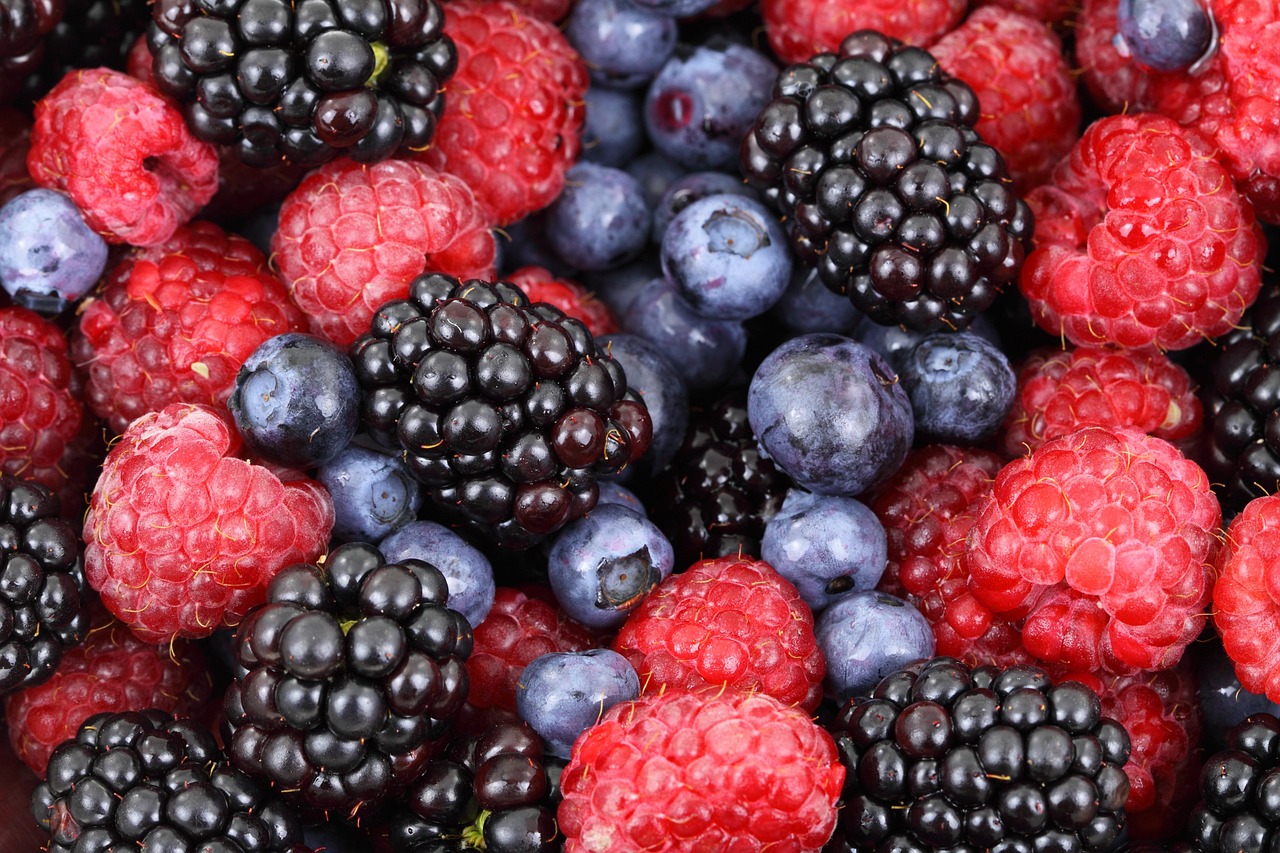Introduction:
Vitamins are crucial for maintaining optimal health and well-being, as they play key roles in various bodily functions. In this article, we will explore the top 10 essential vitamins and their specific health benefits, along with some food sources that contain these vitamins.
1. Vitamin A:
Vitamin A supports healthy vision and eye function, promoting good eyesight and reducing the risk of vision-related issues. It can be found in foods such as carrots, sweet potatoes, spinach, kale, and beef liver, among others.
2. Vitamin B Complex:
The B vitamins have a range of health benefits.
Vitamin B1 (thiamine) supports energy metabolism and nerve function. Food sources of thiamine include whole grains, legumes, pork, nuts, and enriched cereals.
Vitamin B2 (riboflavin) is essential for energy production and acts as an antioxidant. It can be found in dairy products, eggs, lean meats, green leafy vegetables, and fortified cereals.
Vitamin B3 (niacin) is important for cellular metabolism and cholesterol regulation. Foods rich in niacin include poultry, fish, peanuts, mushrooms, and fortified cereals.
Vitamin B6 (pyridoxine) is involved in brain development and function. Good sources of vitamin B6 include poultry, fish, bananas, avocados, and fortified cereals. Lastly,
Vitamin B12 (cobalamin) is crucial for red blood cell formation and nerve function. Animal-based foods like meat, fish, eggs, dairy products, and fortified cereals are the primary sources of vitamin B12.
3. Vitamin C:
Vitamin C boosts the immune system and acts as a powerful antioxidant. It can be found in citrus fruits (such as oranges and grapefruits), berries, kiwi, bell peppers, and broccoli.
4. Vitamin D:
Vitamin D promotes calcium absorption and supports bone health. Food sources of vitamin D include fatty fish like salmon and mackerel, fortified dairy products, egg yolks, and mushrooms exposed to sunlight.
5. Vitamin E:
Vitamin E acts as an antioxidant and supports immune function. It can be found in foods like nuts and seeds (such as almonds and sunflower seeds), vegetable oils, spinach, and avocados.
6. Vitamin K:
Vitamin K is essential for blood clotting and bone health. Green leafy vegetables like kale, spinach, and broccoli are excellent sources of vitamin K.
7. Vitamin B9 (Folate):
Folate is crucial for cell division and DNA synthesis. It can be obtained from foods such as leafy green vegetables (such as spinach and lettuce), legumes, citrus fruits, and fortified grains.
8. Vitamin B5 (Pantothenic Acid):
Vitamin B5 is involved in energy metabolism and can be found in foods like meat, poultry, fish, whole grains, avocados, and mushrooms.
9. Vitamin B7 (Biotin):
Biotin is essential for nutrient metabolism and can be found in foods like eggs, nuts (such as almonds and walnuts), seeds, salmon, and sweet potatoes.
10. Vitamin B3 (Choline):
Choline supports brain health and can be obtained from foods like eggs, liver, salmon, peanuts, broccoli, and cauliflower.
Conclusion:
The top 10 essential vitamins play vital roles in maintaining overall health and well-being. Incorporating a variety of nutrient-rich foods into your diet ensures an adequate intake of these vitamins. While supplements can be beneficial in certain cases, it's best to obtain vitamins through a balanced diet. If you have specific dietary concerns or deficiencies, consult a healthcare professional for personalized guidance on vitamin intake and supplementation.
References:
1. National Institutes of Health Office of Dietary Supplements. (2020)










